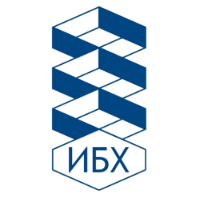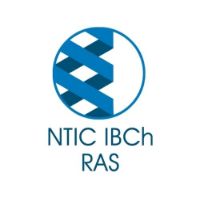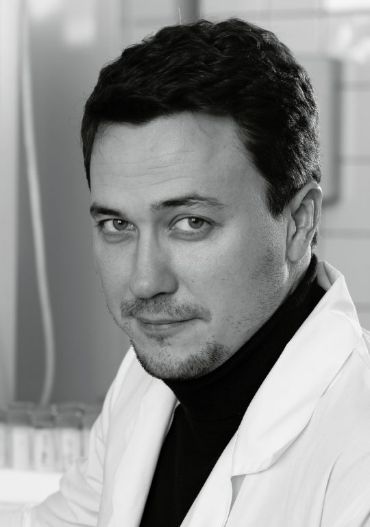STAGE OF DEVELOPMENT
& RESULTS OF INTELLECTUAL ACTIVITY STATUS
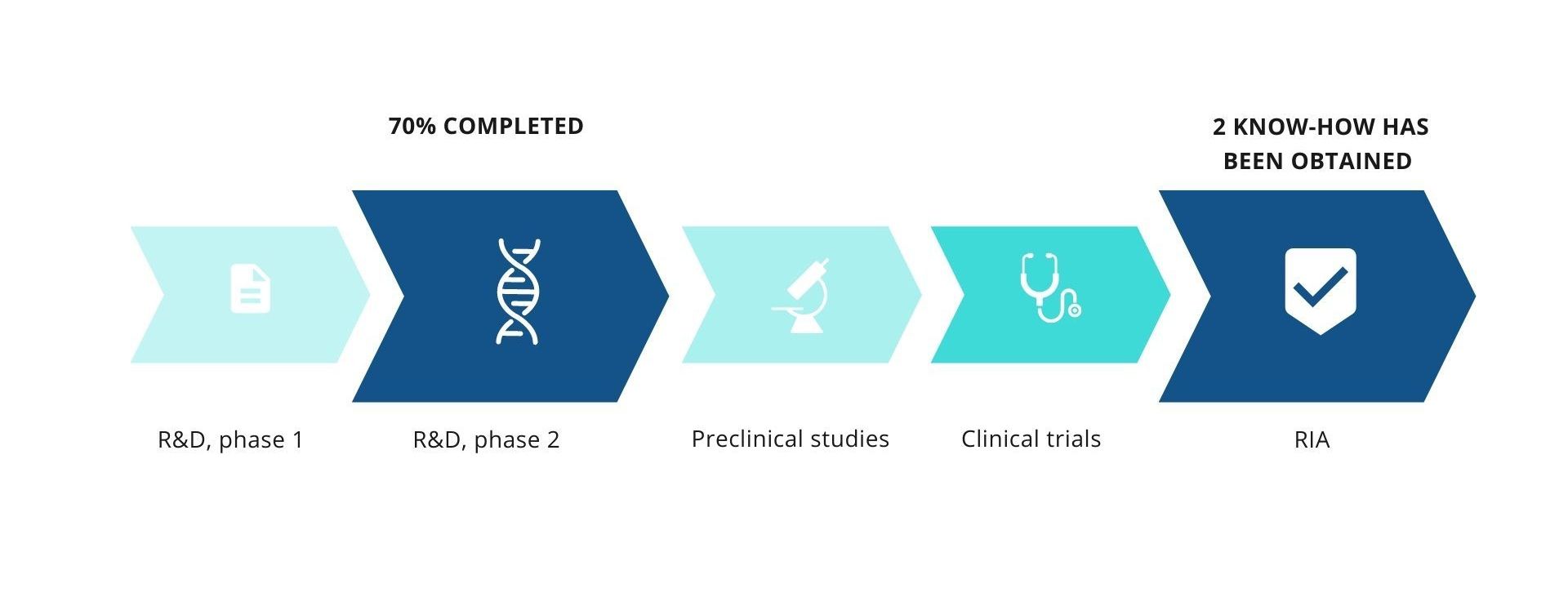

APPLICATION
Treatment of a wide range of autoimmune diseases: multiple sclerosis, rheumatoid arthritis, systemic lupus erythematosus, Crohn's disease, psoriasis, scleroderma, primary antiphospholipid antibody syndrome, glomerulonephritis, autoimmune enteropathy, celiac disease and others.
EFFECT
The action of API is based on the method of targeted blocking of the immunoproteasome, which is involved in the inflammatory process. The new approach can significantly mitigate the symptoms of many autoimmune diseases.
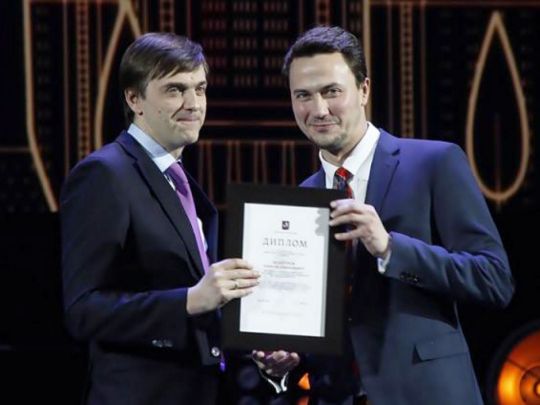
DEVELOPERS
The Shemyakin & Ovchinnikov Institute of bioorganic chemistry (IBCh) of the Russian Academy of Sciences is one of the largest Russian scientific organizations. The Institute is a leader in fundamental and innovative researches on the fields of molecular, structural and cell biology, bioorganic chemistry, biophysics, bioengineering, cell technologies, “in vivo” molecular based bioimaging, genome editing, bioinformatics etc. This multidisciplinary structure allows large-scale research at the interface of sciences, where the most interesting scientific discoveries are born today.
The hallmark of the IBCh RAS is the concentration of efforts and resources on solving the most urgent and complicated problems on the field of life sciences. Talented young people and leading specialists, including Russian and foreign science leaders, Nobel Prize laureates and members of the international advisory council of the Institute are involved in.
